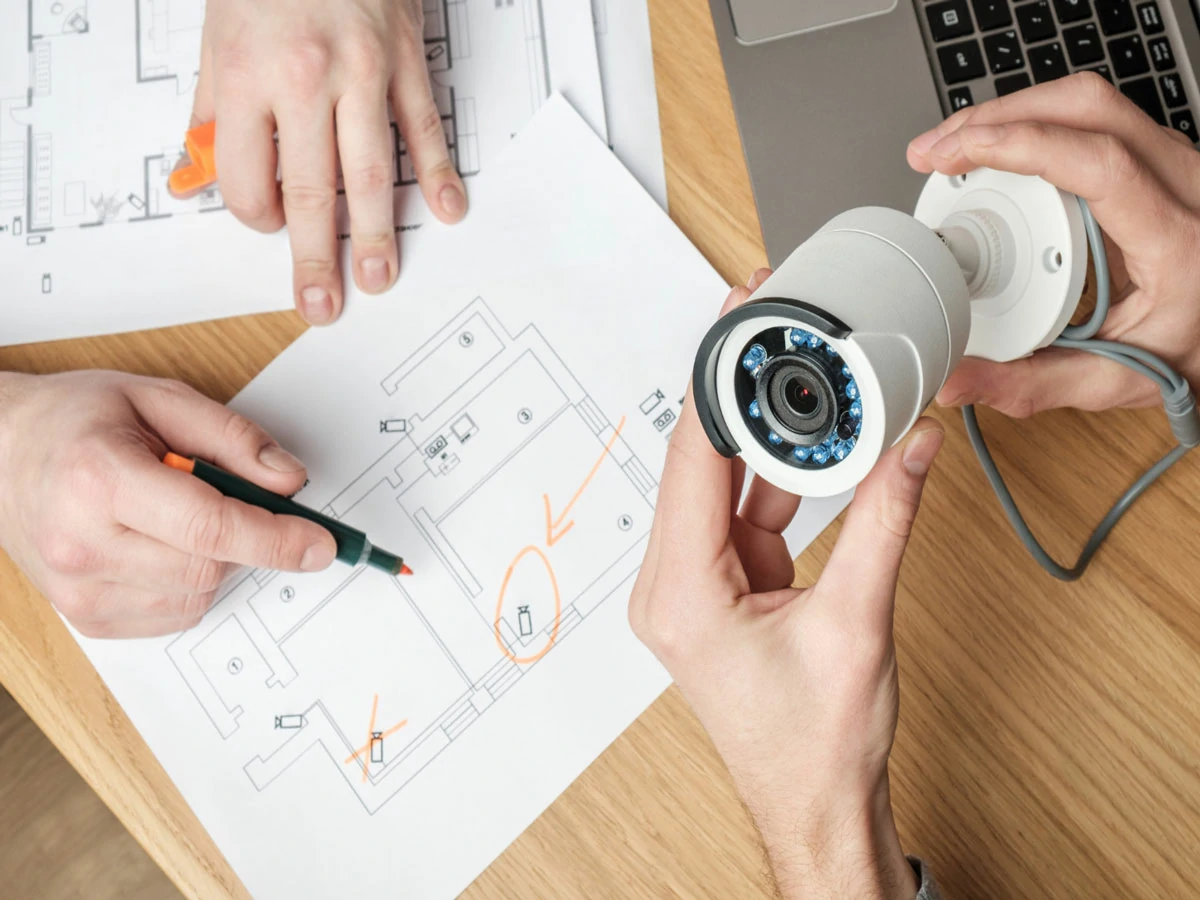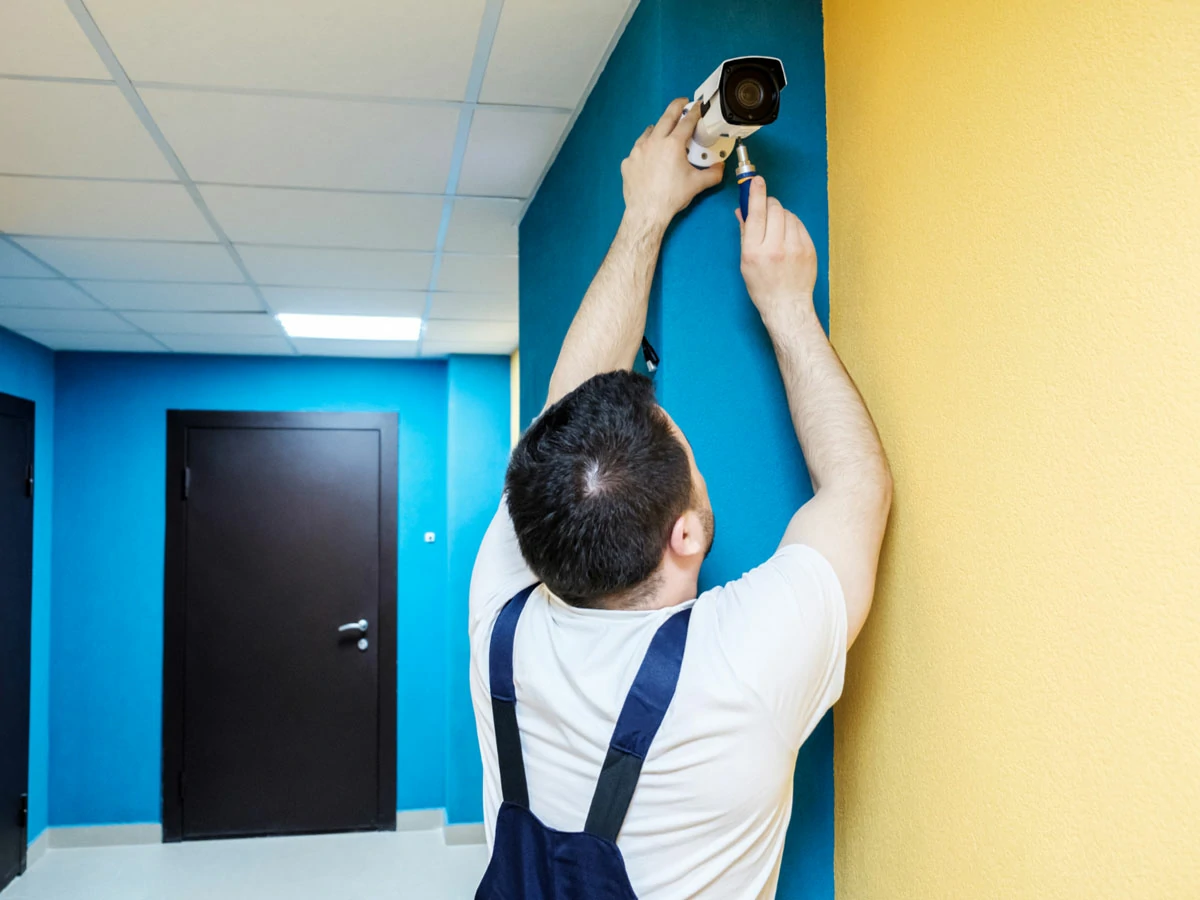If you are about to relocate to a new home, you may consider installing a home security camera so that you can protect your home against intruders and burglars. This is especially true if you have relocated to a new neighborhood which you are unfamiliar with its security and safety. Reports show that properties without home alarm systems are three times more likely to be broken into than those with an installed security system. Alarm systems refer to a camera that detects intrusion and helps to protect your home against property damage and burglary.
If you are looking for a security system to protect and enhance the safety of your home, it is advisable you do your research. This will help you determine whether you need a wired or wireless security camera. Also, depending on the kind of home security you are looking for, you will be able to know which kind of alarm systems you should choose. The following are the reasons why it is a must to install alarms systems to your home.
Secure and protect your home
As a homeowner, you may want to install alarm systems to secure your property and family. These days you never know when an intruder or burglar may break into your home. But when you install a home security system, it will help protect your valuables and home against burglary as well as keep your family safe. Reports from the FBI show that one in three homes that don’t have alarm systems are likely to be broken into compared to 1 out of 250 homes.
Remotely monitor your home
While traveling to a new place, you may be worried about the security and safety of your belongings at home. The best way to protect your property while you are on vacation is by installing alarm systems. The good thing about a home security system is that they allow homeowners to monitor their homes remotely from wherever they are.
Monitor your home 24/7
The final reason why you should have home alarm systems installed in your premises is if you always want it to be monitored. These alarm systems can be used to monitor your property 24/7 to ensure it is always under protection.



